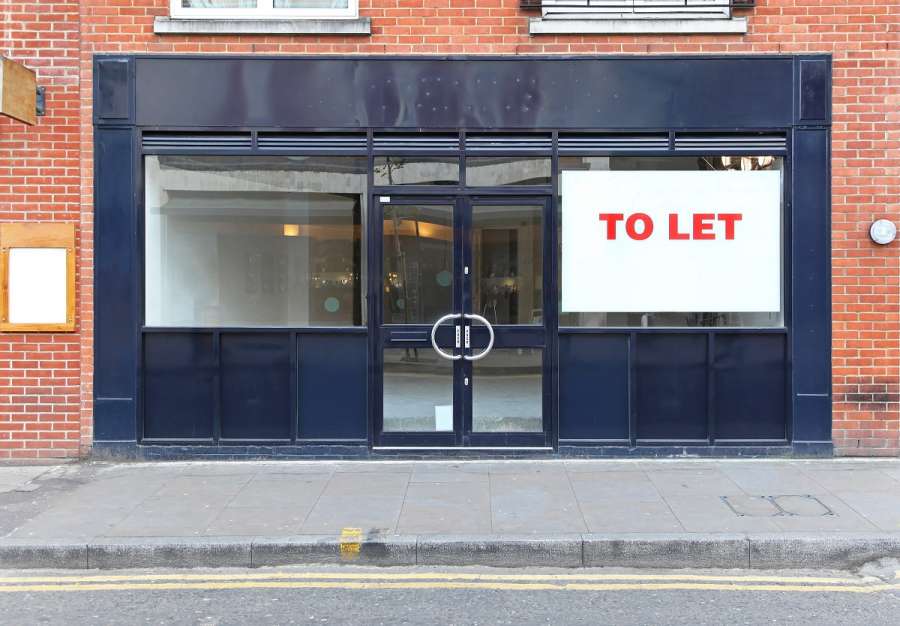Traditionally, tenants bore the risk of damage to their premises by uninsured risks, but in today’s market, uninsured risk provisions in leases are generally accepted, with the landlord agreeing to reinstate damage caused to the premises by an uninsured risk.
However, some landlords do not automatically include uninsured risk clauses in the draft lease, so tenants will want to make sure that they amend the lease to limit their repair obligation in relation to uninsured risk damage.
The basic position in most commercial leases is that the landlord will covenant to insure the premises, and the tenant will covenant to pay insurance rent to cover the cost of the premium.






